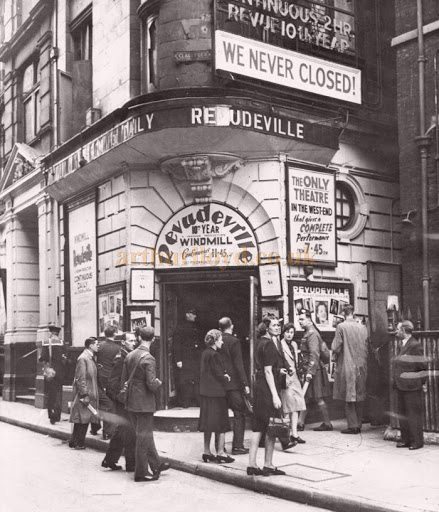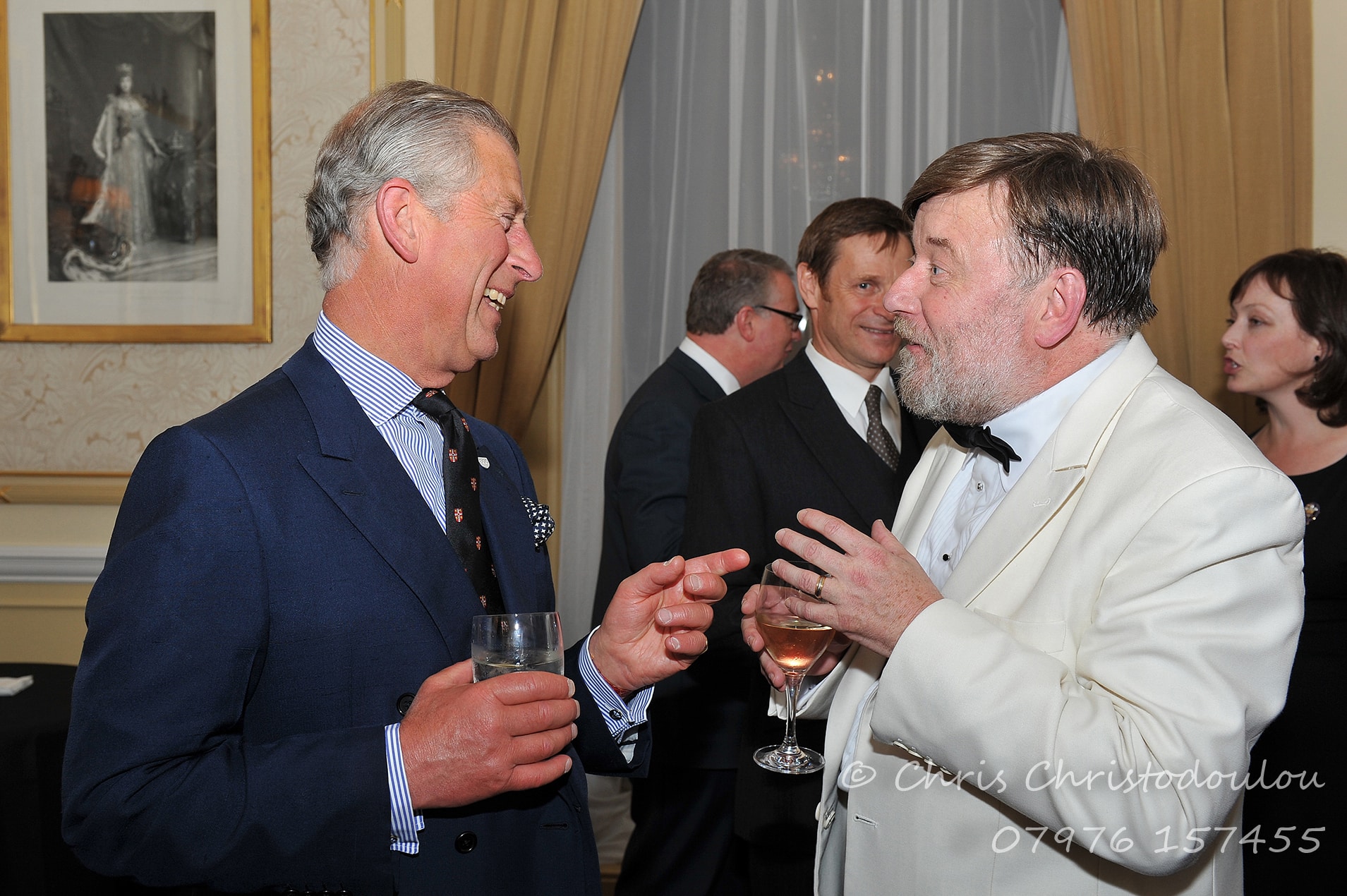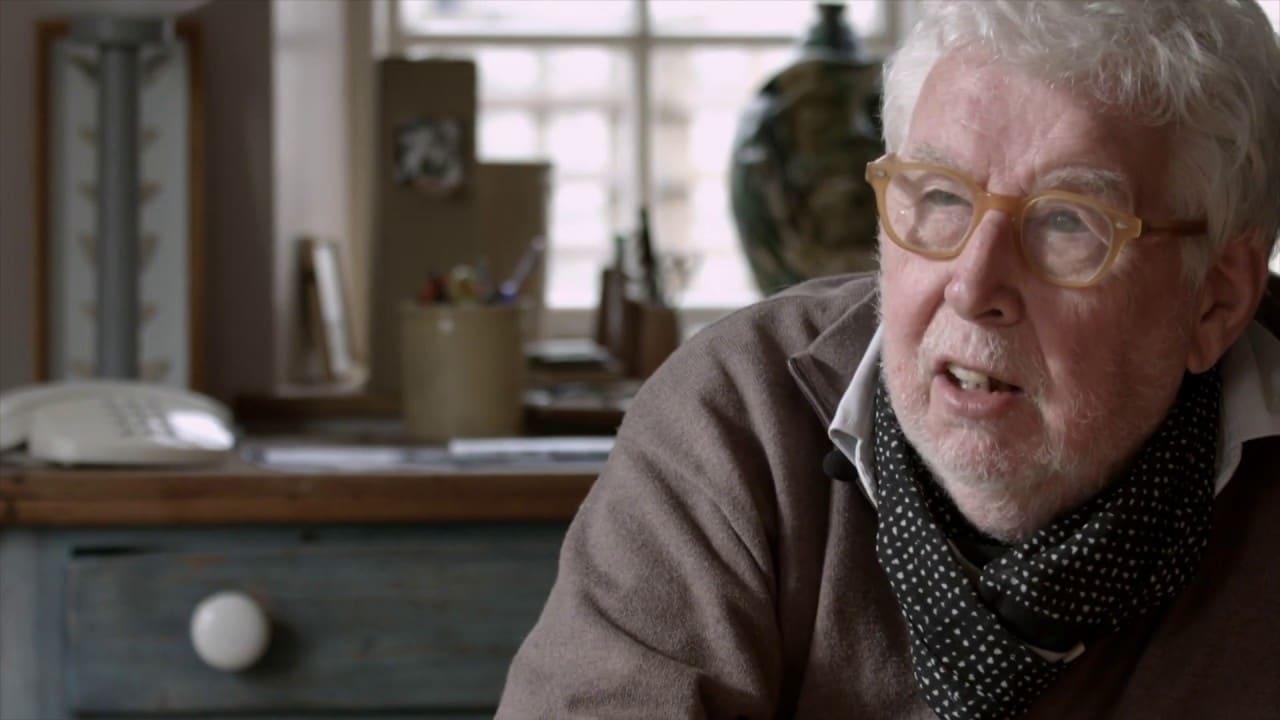The symphony that stopped the war
mainFrom the Lebrecht Album of the Week:
At the midpoint of the Second World War, our parents looked to two composers for symphonies of hope and vision. Such was the excitement attending the 7th symphony of Dmitri Shostakovich that Arturo Toscanini and Leopold Stokowski almost went to war themselves for the right to conduct the American premiere (Toscanini won).
There was less fuss abroad over Vaughan Williams’s 5th, but in London it was hailed as oracular – a statement by a great artist on the spirit of his nation and its depth of confidence. The world premiere, conducted by the composer on June 24, 1943, was roared to the rafters of the Royal Albert Hall. The critic Neville Cardus called the music ‘benedictory and consoling’, a phrase that echoed in my mind as I listened to the 5th symphony’s latest recording in a state of Covid siege….
Read on here.
And here.
In Spanish.
And in French.






The RVW 6th does it for me.
Amen. And the “Serenade to Music.”
“The Pilgrim’s Progress” – a *Failed* opera? I can fairly hear VW’s shade roaring from Westminster Abbey at your dismissal of his quarter-century of work on a project so close to his heart. At least you moved me to pull out the John Noble/Adrian Boult recording (now almost 50 years old!) to revisit how good a piece it is.
RVW’s “Tallis Fantasia” stops my heart.
And do not forget Celibidache performed the Shostakovich 7 in Berlin soon after the war had finished (Dec 46??). A brave piece of programme planning if ever there was one.
Along with Bartok and Stravinsky (his neo-classical period), RVW is my favorite 20th Century composer.
An American composer of the subsequent generation told me it was when he heard that premiere performance over the “wireless” that he finally felt sure Germany would be defeated.
if only it depended on music!Prefer the Shostakovich’s 7th and 8th as they say more about the sheer terror of ww2 in the USSR especially. Could argue that for resistance movements in Europe the opening 4 notes of Beethoven 5th was the most significant!